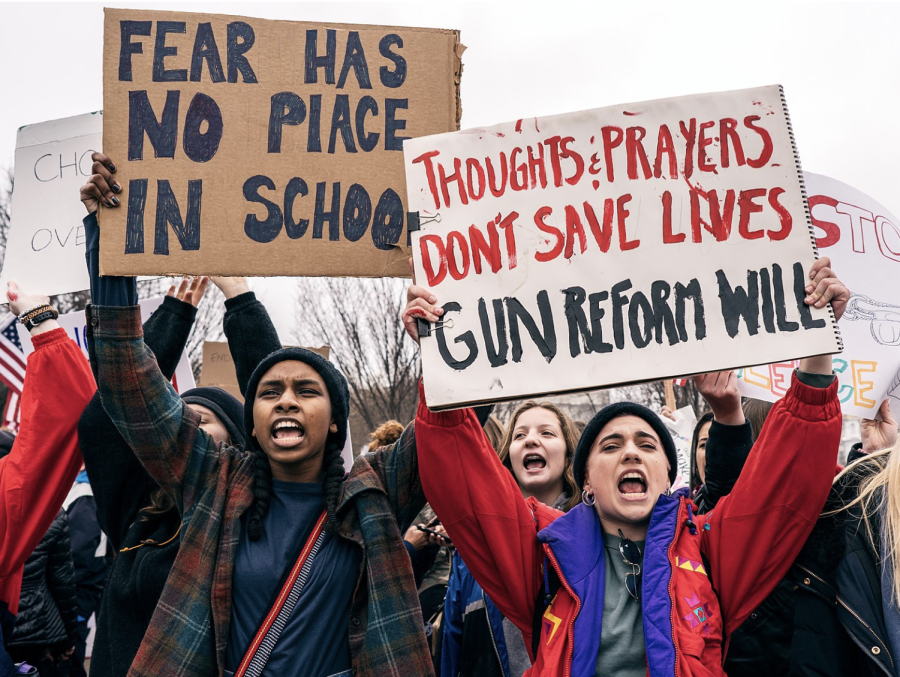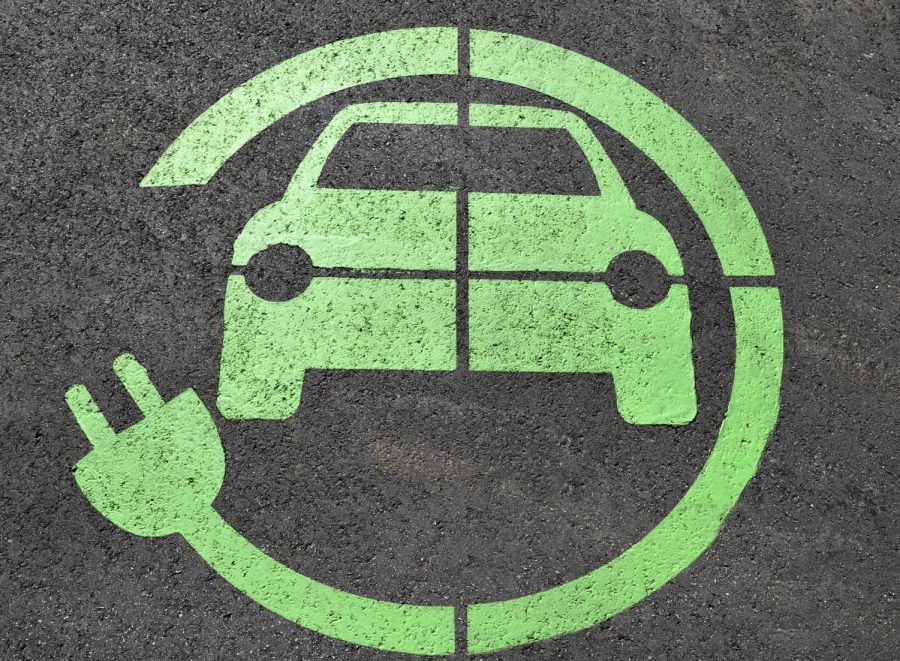Congress recently released what they want the federal budget to be for the next 10 years. With the U.S. approaching nearly $20 trillion dollars in debt, Congress is doing everything it can to try to balance the budget and reduce this burden of debt as fast as possible. The budget deficit of Fiscal Year 2016 was $587 billion. This year it is set to be around $443 billion and be exactly the same for 2020 and not balance it until 2026. This plan would accumulate more debt than we have accumulated in the past 8 years. This is only if we follow the same tax plan as we have followed under Obama and Trump plans to cut taxes for everyone – so this will most likely be much, much worse. The three things the U.S. government spent the most on in 2016 are healthcare, Social Security and Unemployment Benefits, and the military which add up to 76% of the budget. You would think the HBC would want to start making cuts to these or try and find out how to carry out these programs in in cheaper, yet still efficient way. But no, they do not. $120 billion is added to military, no changes to Social Security are made to try and control the increased spending every year, and Medicaid spending is cut slightly while Medicare spending is still being allowed to expand every year with no changes to the program. Major cuts however are made to education (2% of the budget), public broadcasting (> 1% of the budget), and agriculture (3% of the budget).

There are countless ways to balance the budget in faster and more efficient ways. In 2016 the US spent more on military than the next seven countries behind us combined. The next country behind us, China spent $155.6 billion dollars on military last year, just a little more than 1/4th of our $585 billion dollars spent. Adding $120 billion to this will make us spend more than the next 10 countries combined. Some might say that this is necessary for defense against terrorism. They should see where our troops are stationed. The US has troops stationed in six out of seven continents on the globe and in 74 countries. We could put more troops in the Middle East and still fight terrorism more than we need to and still cut military spending almost in half. We even spend $5.9 billion dollars a year paying for the military of other countries.
The US also spends the most in the world on healthcare. This might come as a surprise to you, considering the US does not have universal healthcare like many other countries in the world. I’m sure the first thing that just popped into your head is, “Well our population is higher than those countries”. That is a natural thing to think and would be a good argument if it made a difference. The US federal healthcare spending is 17.7% of our overall GDP and 9% of the US is uninsured. The next country behind us, The Netherlands’ federal healthcare spending is 11.9% of their GDP and has universal healthcare. We spend the most in the world on healthcare by far and we have 9% uninsured. In countries like Canada and many European countries, healthcare is very cheap because of how cheap their medicine is. Opening up trade for medicine with these countries would bring the cost of our medicine down and ultimately making healthcare must cheaper. We do not need single-payer to have universal healthcare either. Many countries have achieved universal healthcare without single payer. Germany has achieved universal healthcare through a mix of public and private insurance. Their spending on healthcare is 11% of their GDP (7th highest in world) and their life expectancy for average citizens there is 81.0 years as opposed to our 78.7 years. The US can follow this system and save a lot of money while still having very high quality insurance. While making cuts to Social Security is not wanted by most people and is immoral, we can stop the growth of Social Security spending by raising the retirement age from 62 to 66 or higher. Critics of raising the retirement age would say its not right to give people a longer working life and take less time away from their retirement. If Social Security is going insolvent soon, then it is better for this generation to get less than for every generation 20 years from now to get none. We should also cap benefits so that the rich and others who do not need social security at all don’t receive it. This may also seem unfair and almost seem like discrimination if everyone is paying into it their whole lives, then everyone should get it back. Again, it is better for some to not get it than for every generation after 2035 to get none at all.
If the US were to do all outlined above and raise individual income taxes on the upper middle class and up, balancing the budget would be no problem. Cutting taxes when $19 trillion dollars in debt is plain irresponsible. This is not fiscally conservative. Cutting back on education spending is going to do little to nothing to reduce the deficit and will be harmful for America’s children. The HBC needs to cut back on what we actually spend excessively on and possibly reinstate PART (Program Rating Assessment Tool) in order to get rid of waste and balance the budget. While private citizens have no say in the budget we can vote in people who can vote on the budget. Our next chance is in 2018; vote safely and smartly.


















